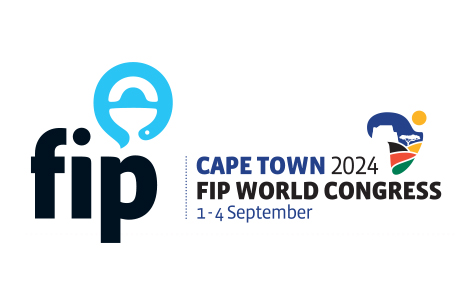FIP makes it a priority to publish the latest developments in pharmacy practice, pharmaceutical sciences, related global news and prominent events. Our multi-media approach to keeping members, partners and peers informed of what is and will be affecting their area of practice or science is key to keeping information flowing through the FIP network.

IMU International Pharmacy and Pharmaceutical Science Conference 2024
Website• Add to calendarContact information

Expanding Primary Health Care Services Provision to the Pharmaceutical Private Sector Across the Region
Website• Add to calendarContact information

Intro to Generative AI & Large Language Models for Pharmacists
Website• Add to calendarContact information

World Humanitarian Day: Pharmacists on the frontline
Website• Add to calendarContact information

82nd FIP World Congress of Pharmacy and Pharmaceutical Sciences
Learn more about this congress here!
Contact information

33rd Singapore Pharmacy Congress (SPC)
The 33rd Singapore Pharmacy Congress brings to you:
- Six diverse pre-congress workshops and a thrilling hackathon
- Four unique tracks, encompassing value-based healthcare, technologicaladvancements in healthcare, the latest developments in pharmacy practice, andbuilding effective workforces
- The opportunity to connect with your peers and access the latest researchfindings
Contact information

15th International Conference on Life Long Learning in Pharmacy
Join the upcoming 15th International Conference on Life Long Learning in Pharmacy to be held in Sydney in 2025. This conference will provide a platform for pharmacy professionals, educators, researchers, pharmacists, pharmacy technicians, regulators, policymakers and professional associations from around the world to engage in meaningful dialogue, exchange ideas, and collaborate on solutions that will drive the advancement of the profession.
MoreContact information

83rd FIP World Congress of Pharmacy and Pharmaceutical Sciences
More details will be available soon!
Get the latest news about all FIP congresses with our newsletter.